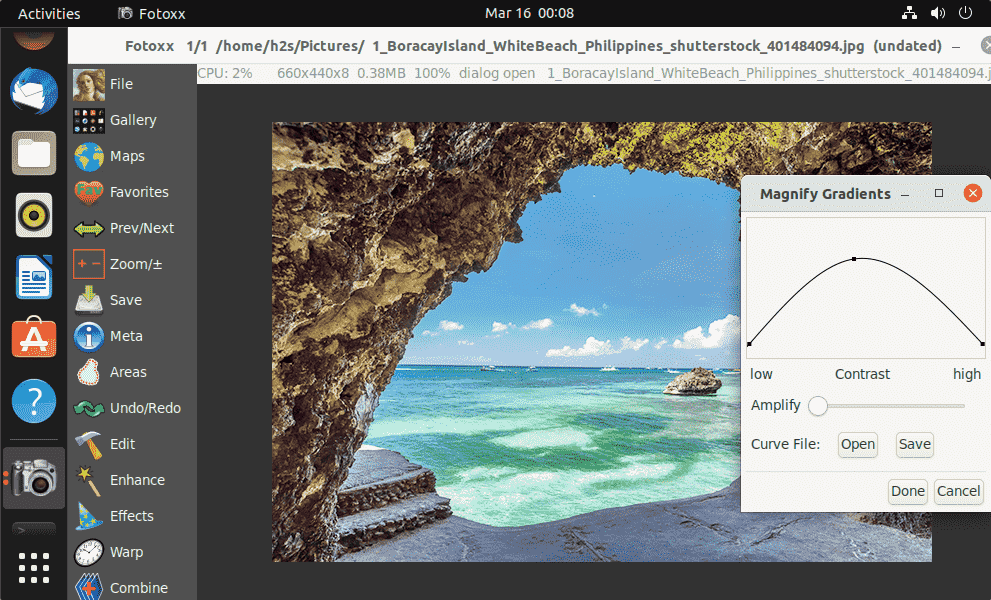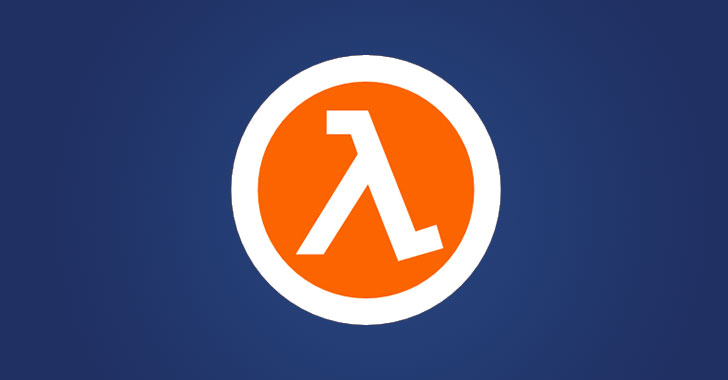Processing…
Please wait.
Search Engine Land » Channel » Content » The need for speed: Google dedicates engineering team to accelerate development of WordPress ecosystem
Google has invested heavily in shaping the architecture of the web, working with developers, the open-source community and the SEO community to ensure adoption of technologies and practices as part of its mission “to contribute to the prevalence of a healthy, flourishing, and vibrant web.”
Most recently, Google has partnered with open-source content management system (CMS) WordPress, arguably the largest, with market share nearing 59 percent and an estimated 1/3 of all web content published through the platform — including our three publications.
Google has been focusing on speed, speed, and then also speed, for eight years now. It formally announced a Speed Update that will roll out in July 2018, using mobile page speed as a ranking factor in mobile search results.
It has also announced that the mobile-first index has begun rolling out — meaning that Google has started indexing and using for ranking in SERPs, the mobile version of a website. The emphasis on mobile and speed is driven by data that demonstrates most searches are now performed on mobile devices. Slow, poorly performing sites result in a bad user experience and negatively impact site engagement, as well as conversions.
With the goal of assisting site owners in improving page load time for mobile visitors, Google launched the AMP project in 2015. Google has been aggressive in pushing adoption via the open-source community, working with platform plugin developers as well as providing large brand sites with developer resources to implement the technology. Even so, adoption of this mobile-friendly framework across the web has been slow: It’s estimated that fewer than .1 percent of all websites are using the markup language.
With its 59 percent CMS market share equating to 29 percent of all websites running WordPress, a partnership with the platform makes perfect sense for Google to advance its goals of a stronger, better, faster web.
Google participated this past December at WordCamp US, the largest of the WordPress developer events that happen around the country. From an article by Alberto Medina, Developer Advocate in the Content Ecosystems Team at Google: “Our goal was to engage with the WordPress community and start a discussion around the performance of the WordPress ecosystem.” At the event, Google shared data in a presentation that demonstrates a fundamental problem of the CMS: its poor performance on measures of speed and page load as benchmarked against non-WordPress-based sites.
To anyone who has developed or worked on WordPress-based websites, it’s no secret that the open-source platform has struggled throughout the years with code bloat, security and performance challenges. The past couple of years have seen significant improvements in the core code, but as the data below demonstrate, WordPress pages still lag behind non-WordPress webpages on most performance indicators.

 Source: Alberto Medina – WordCamp US 2017 Presentation
Source: Alberto Medina – WordCamp US 2017 Presentation
In a second article posted on his personal blog, Medina wrote this past week about the expansion of the team at Google that’s dedicated to advancing the WordPress platform (you can find the official job posting here). In addition to improving performance, the collaboration is focused on bringing the platform’s ecosystem up to current web experience standards more rapidly — via technologies such as Progressive Web Apps (PWA).
From that article:
Our WordPress vision covers a lot of exciting work across the full breadth of the WordPress ecosystem: collaborating on WP core, developing themes, plugins, and WP-tailored tools and infrastructure, and engaging with the broader WordPress community of publishers.
This vision squares with the sentiments heard from many who actively work on sites on the WordPress platform. I spoke about the partnership with Senior SEO Analyst at CBS Interactive Jon Henshaw, who noted, “I’ve been waiting for someone to tackle PWA-related features/plugins for WordPress for a while. Most attempts I’ve seen, including one from Mozilla, have fallen short. The additions I would most like to see are service workers and low-bandwidth/offline content built into the CMS.”
While Medina’s post specifically calls out “Expanding capabilities of the AMP Plugin to enable delightful user experiences,” one could speculate that the long-term roadmap includes rolling AMP (or an AMP-like functionality) into the WordPress core. We’ve reached out to Google to comment on this specifically and will update with any additional information when we have it.
Want to learn more about the Speed Update, the mobile-first index and AMP? Join us next month at our SMX West conference in San Jose, where industry experts will share their tips, tactics and strategy around these topics and more:
Opinions expressed in this article are those of the guest author and not necessarily Search Engine Land. Staff authors are listed here.
Processing…Please wait.
Learn actionable search marketing tactics that can help you drive more traffic, leads, and revenue.
March 8-9, 2022: Master Classes (virtual)
June 14-15, 2022: SMX Advanced (virtual)
November 15-16, 2022: SMX Next (virtual)
Discover time-saving technologies and actionable tactics that can help you overcome crucial marketing challenges.
March 29-30, 2022: Spring (virtual)
September 28-29, 2022: Fall (virtual)
Processings…Please wait.
© 2022 Third Door Media, Inc. All rights reserved.







